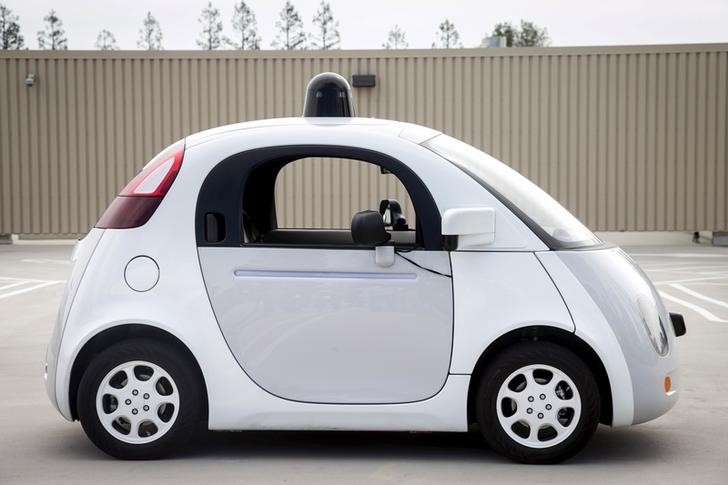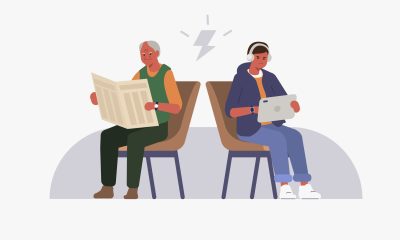Investing
US presses on with fight against Google’s search and advertising clout

© Reuters. FILE PHOTO: A logo is pictured at Google’s European Engineering Center in Zurich, Switzerland July 19, 2018. REUTERS/Arnd Wiegmann/File Photo
WASHINGTON (Reuters) – The Justice Department began questioning a former Google executive about billion-dollar deals with mobile carriers and others that helped keep Google the default search engine, as the second day of a once-in-a-generation antitrust trial got underway on Wednesday.
Chris Barton, who was at Google from 2004 to 2011, said that the company was quick to see the advantage of people using Google search on Palm devices and early versions of smartphones. “As we recognized the opportunity for search on mobile phones we began to build a product team,” he said.
Barton said on his LinkedIn profile that he was responsible for leading Google’s partnerships with mobile carriers like Verizon (NYSE:) and AT&T (NYSE:), estimating that the deals “drive hundreds of millions in revenue. That probably explains why I was deposed by the DOJ (Justice Department) in 2021.”
The government says Alphabet (NASDAQ:)’s Google paid $10 billion annually to wireless companies like AT&T, device makers like Apple (NASDAQ:) and browser makers like Mozilla to fend off rivals and keep its search engine’s market share at around 90%. The Justice Department’s Kenneth Dintzer said the trial was about “the future of the internet.”
Dintzer also said that Google manipulated auctions for internet ads in order to raise prices for advertisers. Since search is free, Google makes its money via advertising.
Google attorney John Schmidtlein said in opening arguments on Tuesday that the government was wrong to say the $1 trillion company broke the law to hold onto its massive market share, noting its search engine was wildly popular because of its quality and that the payments were fair compensation for partners.
The fight has major implications for Big Tech, which has been accused of buying or strangling small rivals but has defended itself by pointing out that its services are free, as in the case of Google, or inexpensive, as in the case of Amazon.com (NASDAQ:).
Previous major antitrust trials include Microsoft (NASDAQ:), filed in 1998, and AT&T, filed in 1974. The AT&T breakup in 1982 is credited with paving the way for the modern cell phone industry, while the fight with Microsoft is credited with opening space for Google and others on the internet.
The government’s first witness Tuesday was Google economist Hal Varian, who was asked about discussions inside the company about the importance of scale and of Google becoming the default on home pages.
If Google is found to have broken the law, Judge Amit Mehta, who is deciding the case, will then decide how best to resolve it. He may decide simply to order Google to stop practices he has found to be illegal or he may order Google to sell assets.
Read the full article here

-

 Side Hustles3 days ago
Side Hustles3 days agoWhy the Best CEOs Think Like Anthropologists
-

 Side Hustles6 days ago
Side Hustles6 days agoLA Rental Prices Skyrocketing Despite Price Gouging Laws
-

 Side Hustles6 days ago
Side Hustles6 days agoHow to Craft Marketing Campaigns That Reach Multiple Generations
-

 Make Money4 days ago
Make Money4 days agoEarn More in 2025: Top 10 High-Yield Savings Accounts Revealed
-

 Side Hustles4 days ago
Side Hustles4 days agoWhat to Do If TikTok is Banned — How to Protect Your Brand
-

 Passive Income4 days ago
Passive Income4 days agoHow Pets Can Promote Better Health and Well-Being in the Workplace
-

 Make Money5 days ago
Make Money5 days agoBuild Your Future: 5 Simple Steps to Financial Stability
-

 Side Hustles4 days ago
Side Hustles4 days ago10 Roles That Are Surprisingly Well-Suited for Outsourcing


















